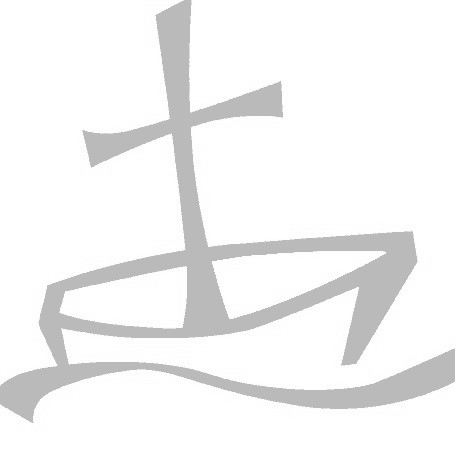Refugee Health in the Metro:
Mary Kelso, MCC’s Team Coordinator for Intensive Case Management, accompanied Said to a doctor appointment, knowing from previous conversations that he was dealing with a tremendous amount of back pain. When they reached the end of the appointment time, she noticed that the subject of his pain had not come up at all, and she asked permission to share about it with the doctor. Said assented, and when the doctor heard about the patient’s back pain, he asked “Why didn’t you mention this?” Said’s response was “You never asked about my back.” This simple anecdote points to the importance of the education, advocacy, and accompanying work that case managers in our Intensive Case Management (ICM) program provide.
Mary Kelso and Yassah Mulbah are full-time case managers for refugees with complex health issues in our metro office’s ICM program. They help coordinate care for and work intensively with individuals who have serious medical or mental health needs, helping them overcome barriers to independently managing their health. There are so many factors affecting a family’s health and well-being, and Mary and Yassah work to connect families to the resources that will meet their needs in many areas, not only in health care, but also in education, housing, basic needs, childcare and employment. For more information about this program, we invite you to look at previous posts.
The ICM program in our Twin Cities office serves about 45 individuals at a time, and they may be brand new arrivals or families who have been in the U.S. for a couple of years. Increasingly, we are receiving referrals for individuals from other organizations like clinics, homeless shelters, and even other resettlement agencies who don’t have the capacity to serve families with this high level of need.
The individuals in our program have a wide variety of health conditions, ranging from cancer to cerebral palsy. Mary shared about the tremendous change that they’ve begun to see in a Karen family we have been working with since their arrival last summer. Their 12 year old daughter has cerebral palsy and in the refugee camp, she didn’t have access to much care at all and was basically homebound. She is non-verbal and nearly blind and the process of establishing care and finding resources for her and her family was a long and challenging one. Although it took several months, she is now set up with therapies and has a wheelchair that is fitted for her body and equipment to help her learn how to stand. She’s enrolled in school and is joyfully greeted by at least 3 family members every day when she gets off the bus. Her family has learned how to schedule appointments and medical transport on their own. In just 7 months, she’s very well connected to care and family is quite self-sufficient. Mary reflected that, through this labor-intensive process, it’s been incredible to watch this amazing and supportive family come together around their daughter.
The process of coordinating care in the Twin Cities metro area differs significantly from similar work being done at the Refugee Services Mankato office. The Twin Cities community is so much larger, and there are so many more different resources available that the work here involves a lot more research and networking. In addition to working with clinics who serve large numbers of refugees, Mary and Yassah also work with clinics in suburban areas that may not have any other refugee patients in order to accommodate refugees who have joined family members who were already living in the suburbs. In these cases, a large part of our work is educating doctors and nurses about how to work well with their refugee patients, and educating patients about navigating the American health care system.
We are thankful to our community of supporters, funders, and donors who make it possible for us to provide these holistic services. To support programming at Refugee Services, please consider making a donation here.

